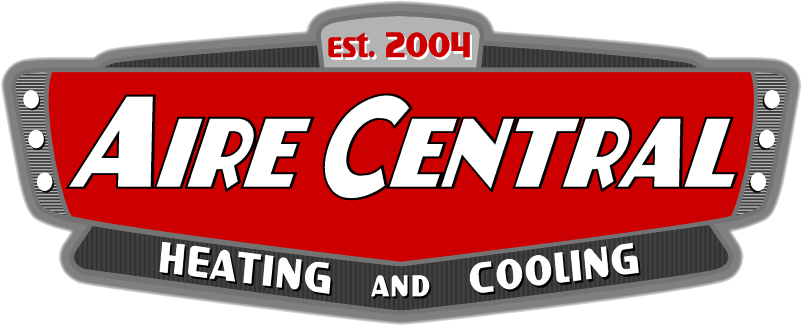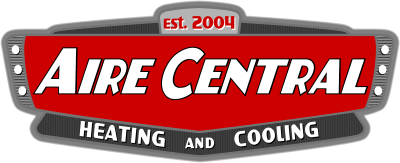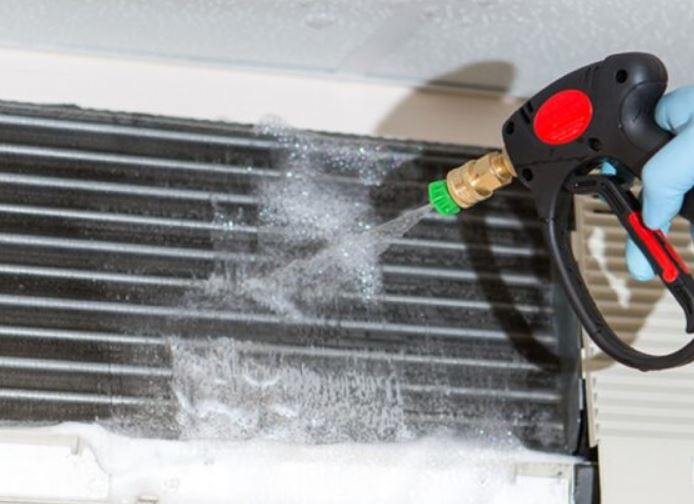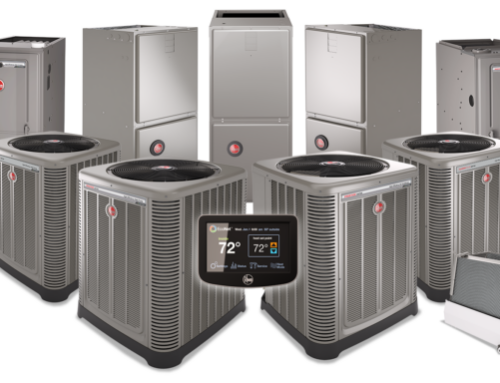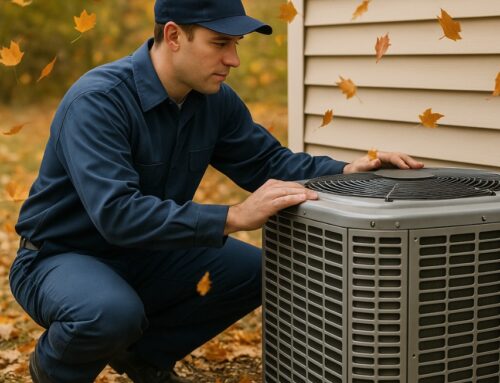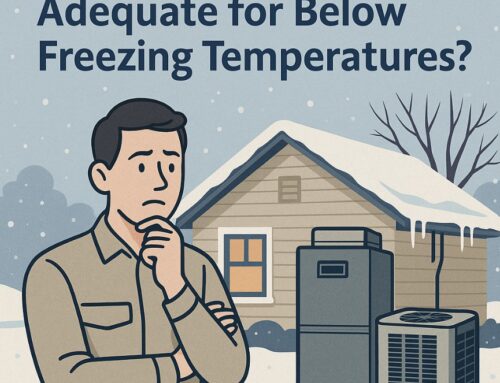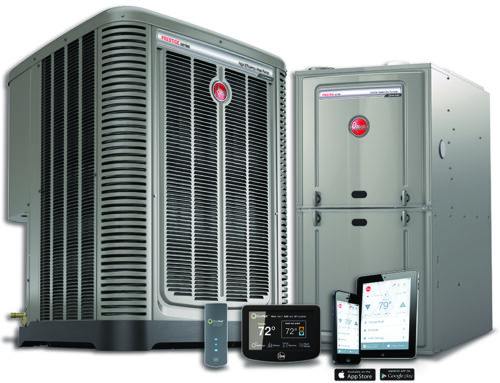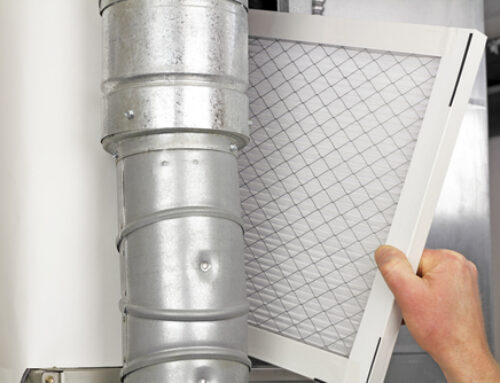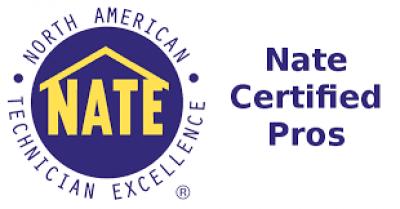Ensuring the proper maintenance of your heat pump is essential for keeping your home or office comfortable and energy-efficient. Heat pumps play a crucial role in heating and cooling your property, so taking care of them is a wise investment. In this comprehensive guide, we will cover everything you need to know about heat pump maintenance to keep your system running smoothly all year round.
Regular Inspections: One of the first steps in maintaining your heat pump is to schedule regular inspections by a professional HVAC technician. They can identify any potential issues before they become major problems, such as leaks, worn-out parts, or refrigerant levels that are too low. By catching these issues early on, you can prevent costly repairs down the line.
Change Air Filters: One simple yet effective maintenance task you can do yourself is to regularly change the air filters in your heat pump system. Clogged or dirty filters can restrict airflow and reduce the efficiency of your system. Check the filters every month and replace them as needed to ensure optimal performance.
Clean Coils and Fins: Over time, dirt and debris can accumulate on the coils and fins of your heat pump, hindering its ability to transfer heat effectively. Use a soft brush or vacuum cleaner to gently clean these components and remove any buildup. This will help improve the efficiency of your system and prolong its lifespan.
Check Thermostat Settings: Another important aspect of heat pump maintenance is ensuring that your thermostat settings are correct for each season. Make sure that the temperature settings are appropriate for both heating and cooling modes, and consider investing in a programmable thermostat for better control over energy usage.
Schedule Annual Maintenance: In addition to regular inspections, it’s recommended to schedule annual maintenance with a professional HVAC technician to thoroughly check and tune up your heat pump system. This comprehensive service can include cleaning components, lubricating moving parts, checking electrical connections, and testing overall performance.
